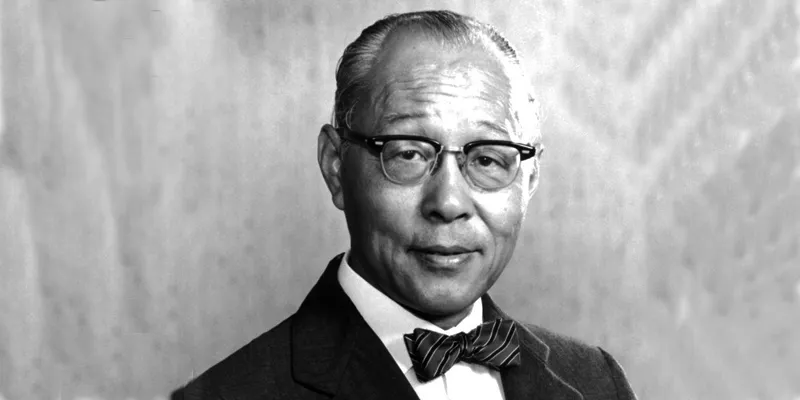Lessons from An Wang, the pioneer giant of the computer industry
People remember Wang Laboratories as the leading producer of computer accessories. It was founded by An Wang, the inventor of a doughnut-shaped ring of iron that was the core of computer memory till the invention of the microchip.

We have a lot to learn from An Wang’s life as an innovator, leader, and businessman. His breakthrough came when he realised that scientists and engineers need a good calculator, and we owe him for that.
In 1964, Wang Laboratories introduced a desktop calculator. Eventually, every office came to use the popular Wang word processor. Here are quotes and lessons from one of the most inspiring Asian Americans of all time:
“No matter how complicated a problem is, it usually can be reduced to a simple, comprehensible form which is often the best solution.”
In 1948, Wang was hired to work at the Harvard Computation Laboratory, where he was asked to develop a way to store and retrieve data in a computer using magnetic devices. He studied the magnetic properties of small doughnut-shaped rings of ferromagnetic material. Soon, he developed a process where one could read the information stored in a ring by passing a current around it. Researchers were amazed by the idea and developed it for use in various computers.
“Markets change, tastes change, so the companies and the individuals who choose to compete in those markets must change”
When Wang Laboratories had begun to produce less expensive calculators for business use, Wang realised that with the advent of other technology, competitors would begin to sell electronic handheld calculators at a price much lower than the machines his company did.
Keeping this in mind, he understood the need to manufacture new products. Wang directed his firm towards the manufacture of word processors and small business computers. In addition to the personal computers developed by the company, the first word processing systems were designed and sold for business calculations.
“Success is more a function of consistent common sense than it is of genius”
Wang had amazing creativity and brilliance that led him to become the perfect entrepreneur. After losing his family to the Japanese invasion, Wang pursued his studies in an occupied Shanghai when fellow students were fleeing. He later left China to pursue a PhD in applied physics from Harvard. This is testimony to his fighting spirit and determination.
He founded Wang Laboratories with $600, and his company was officially incorporated four years later after being awarded the first of his 44 patents.
“My theme for philanthropy is the same approach I used with technology. To find a need and fill it.”
An Wang was a philanthropist in every sense of the word. He contributed $6 million towards the creation of Wang Institute of Graduate Studies for software engineers and Chinese scholars and constructed a $15 million factory in Boston's Chinatown that provided jobs for 300 inner city residents.
When the roof of Boston's Performing Arts Centre was falling, Wang pledged $4 million to save the theater. His generosity continued with contributions, such as gifts worth $4 million to Harvard University, a $1 million donation to Wellesley College.
On his 97th birthday, this holder of 40 patents and 23 honorary degrees deserves a standing ovation!







